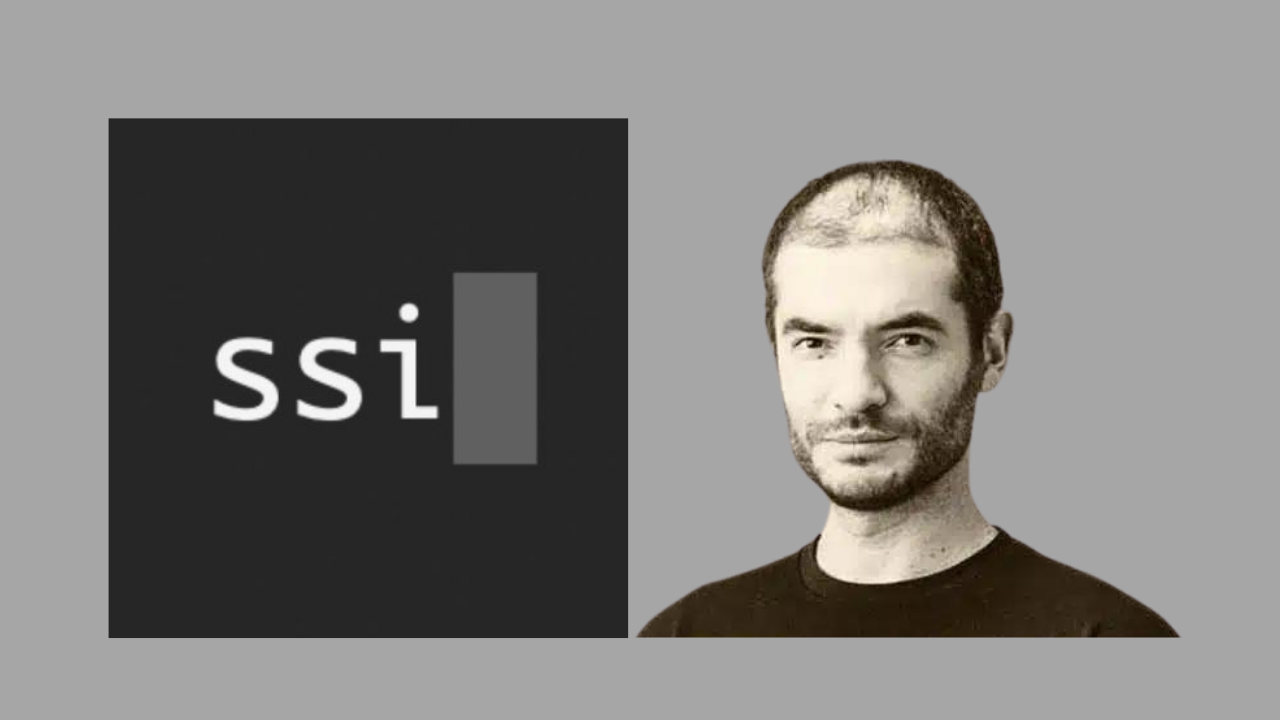The AI Saga Continues: Ilya Sutskever's New Venture into Super Intelligence
Former OpenAI co-founder's controversial comeback shakes up the AI world with ambitious plans for safe super intelligence.

In a surprising turn of events, Ilya Sutskever, the former Chief Scientist and co-founder of OpenAI, has re-emerged in the tech world with a bold new venture. On June 20, 2024, Sutskever announced the launch of SSI (Safe Super Intelligence), a startup with offices in Palo Alto and Tel Aviv. This development marks a significant chapter in the ongoing narrative of artificial intelligence research and development.
Sutskever’s Fall and Rise
To understand the significance of this announcement, we need to revisit the events of the previous year. Sutskever, once hailed as the genius behind OpenAI, faced a dramatic fall from grace. He was implicated in the controversial decision to fire Sam Altman as CEO of OpenAI, a move that backfired spectacularly. While the exact motivations remain unclear, some speculated that Sutskever was attempting to prevent what he perceived as reckless technological advancement that could pose risks to humanity.
The aftermath of this decision saw Altman quickly reinstated, emerging more influential than ever. Meanwhile, Sutskever, once a revered figure in the AI community, found himself cast as the villain in the public eye. His disappearance from the tech scene led many to believe his career had come to an abrupt end.
SSI: A New Beginning
Sutskever’s return with SSI represents not just a personal comeback, but a bold statement about the future of AI research. The company’s mission is ambitious: to develop super intelligence that doesn’t pose an existential threat to humanity. This goal directly addresses one of the most pressing concerns in the field of AI – the potential dangers of creating an intelligence that surpasses human capabilities.
Joining Sutskever in this venture is Daniel Gross, a prominent AI investor known for his involvement in projects like Magic.dev, which aims to revolutionize programming through AI. The combination of Sutskever’s technical expertise and Gross’s industry connections positions SSI as a potentially significant player in the AI landscape.
Understanding Artificial Super Intelligence (ASI)
To grasp the implications of SSI’s mission, it’s crucial to understand what Artificial Super Intelligence actually is. ASI refers to a hypothetical AI that surpasses human intelligence not just in specific tasks, but across all domains. This includes cognitive abilities, creativity, general wisdom, and potentially even social skills.
The concept of ASI is often illustrated through analogies. Just as humans view the intelligence of simpler organisms as vastly inferior, an ASI might perceive human intelligence as comparatively limited. This vast intellectual gap is what makes ASI both exciting and terrifying to contemplate.
The potential capabilities of an ASI are difficult to predict but could include:
- Solving complex global problems beyond human capability
- Making scientific breakthroughs at an unprecedented rate
- Redefining our understanding of the universe and our place in it
- Potentially reshaping the physical world in ways we can’t foresee
However, the development of ASI also raises serious ethical and existential concerns. There are fears that an entity with such superior intelligence might not align with human values or interests, potentially leading to scenarios where humanity’s continued existence is threatened.
The Stages of AI Development
To put SSI’s ambitions in context, it’s important to understand the generally recognized stages of AI development:
1. Narrow AI (ANI - Artificial Narrow Intelligence)
This is where we are currently. ANI refers to AI systems that are designed to perform specific tasks. Examples include image recognition software, voice assistants like Siri or Alexa, and even advanced systems like ChatGPT. These systems can often outperform humans in their specific domains but lack general intelligence.
2. Artificial General Intelligence (AGI)
AGI represents a level of artificial intelligence that can understand, learn, and apply its intelligence broadly, similar to a human. An AGI would be able to perform any intellectual task that a human can. We have not yet achieved AGI, though many researchers believe it’s possible within the coming decades.
3. Artificial Super Intelligence (ASI)
This is the stage that SSI is apparently aiming for – an intelligence that surpasses human intellect across all domains. ASI is purely theoretical at this point, and many experts debate whether it’s achievable or even desirable.
Current State and Future Outlook
As of 2024, we are still firmly in the realm of Narrow AI. While systems like GPT-4 and Google’s Gemini represent significant advancements, they are fundamentally based on processing and recombining existing human knowledge. They excel at tasks like language processing, image generation, and complex calculations, but they lack true understanding or the ability to innovate beyond their training data.
The jump from ANI to AGI represents a significant challenge. It requires not just more powerful hardware or larger datasets, but fundamental breakthroughs in how we approach machine learning and cognitive science. Many experts believe that achieving AGI will require new paradigms in AI research, possibly involving approaches that more closely mimic human cognitive processes.
The timeline for achieving AGI is highly debated, with estimates ranging from a few years to several decades. The path to ASI is even more uncertain, with some questioning whether it’s achievable at all with current computing paradigms.
SSI’s Ambitious Goal
Given this context, SSI’s stated goal of developing safe super intelligence appears extremely ambitious, if not outright unrealistic in the near term. Skipping directly from current narrow AI to ASI, bypassing AGI entirely, seems implausible based on our current understanding of AI development.
However, the focus on safety in AI development is crucially important. As AI systems become more advanced and are integrated more deeply into critical aspects of society, ensuring their reliability, predictability, and alignment with human values becomes paramount.
Skepticism and Concerns
The announcement of SSI has been met with a mix of excitement and skepticism in the tech community. Critics point out that the company has not revealed any groundbreaking technological advancements or novel approaches to AI development. Some view it as leveraging the founders’ reputations to generate hype without substantial backing.
There are also concerns about the potential dangers of pursuing ASI, even with a focus on safety. The concept of a “safe” super intelligence is itself debated, with some arguing that any true ASI would be inherently unpredictable and potentially uncontrollable.
Conclusion
The launch of SSI by Ilya Sutskever represents a new chapter in the ongoing story of AI development. While the company’s goals may seem overly ambitious or even unrealistic, the focus on developing safe and beneficial advanced AI is a valuable contribution to the field.
As we continue to make strides in AI technology, it’s crucial to maintain a balance between innovation and caution. The ethical implications and potential risks of advanced AI systems must be carefully considered and addressed.
Whether SSI will make significant contributions to the field of AI safety or super intelligence remains to be seen. However, their entry into this space highlights the growing importance of these issues in the tech world and society at large. As we move forward, the conversation around the development of advanced AI and its implications for humanity will undoubtedly intensify, shaping the future of technology and potentially the future of our species.
